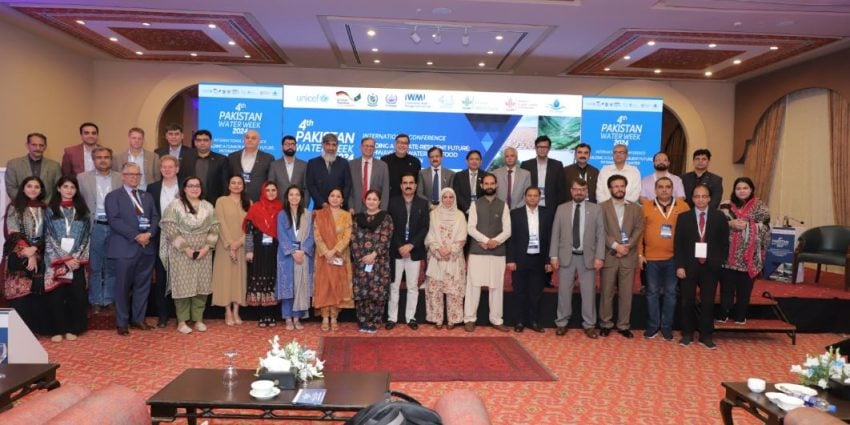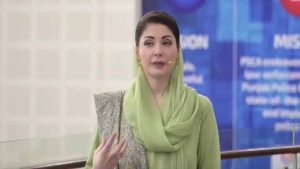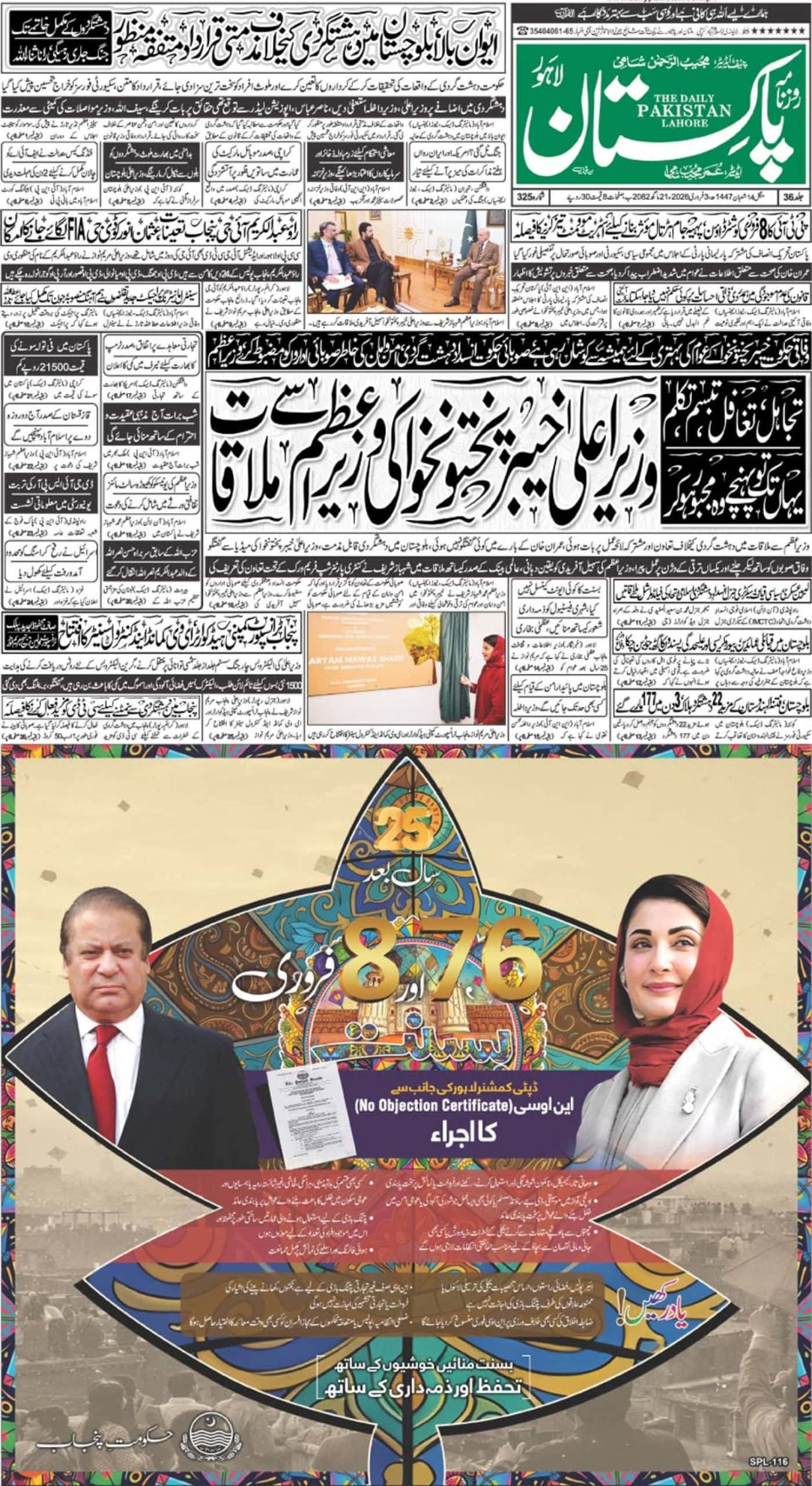ISLAMABAD – Federal Minister for Water Resources and Petroleum, Dr Musadik Masood Malik, said that Pakistan needs to employ more innovative and less water-intensive practices in agriculture to avert the looming water shortage crisis in the country.
He was speaking at the concluding session of the international conference, Pakistan Water Week 2024, which focused on the theme “Building a Climate-Resilient Future: Pathways for Food, Water, and Food Security in Pakistan”.
The five-day event (November 4-8), which concluded on Friday, hosted 13 physical and 30 virtual water experts from 15 countries and attended by over 300 participants to discuss solutions directly related to Pakistan’s water shortage, food security, and resilience to climate change.
The annual mega event, organised by the International Water Management Institute (IWMI) Pakistan to celebrate its 40th anniversary, brought together scientists, academics, government officials, representatives of development agencies, and policy experts from home and abroad.
Pakistan’s agriculture sector consumes around 90% of the country’s water, requiring immediate planning and reforms to improve efficiency,” Mr Malik said.
The minister said the country’s water crisis is a pressing issue, worsened by population growth, unplanned urbanisation, industrialisation, resource depletion, environmental problems, climate change, and irrational human behaviour.
He pointed out gaps in Pakistan’s current water management systems, particularly the lack of an early warning system to prevent floods and other disasters.
Director General IWMI Dr Mark Smith highlighted the importance of collaboration and innovative strategies for achieving climate-resilient solutions in a world increasingly affected by climate change.
Mr Smith said throughout the week, we had to engage with many people belonging to diverse cultures, both from Pakistan and outside, sharing solutions and practical practices.
Director, Water, Food, and Ecosystem at IWMI, Dr Mohsin Hafeez, also known as a champion of the water sector in Pakistan, said, “Water security is vital for Pakistan’s future. Through this event, we aim to bring together experts, policymakers, and community leaders to collaboratively address the critical issues surrounding our water resources.”
The five-day event, which was held for the fourth time in the federal capital, featured notable speakers including Ahsan Iqbal, the Minister for Planning, Development, and Special Initiatives; Shaza Fatima Khawaja, the Minister of State for IT and Telecommunications; Syed Ali Murtaza, the Federal Secretary of the Ministry of Water Resources; and Dr. Adil Najim, President of WWF-International. Additionally, the event included contributions from Mustafa Nawaz Khokhar, a noted former parliamentarian, as well as several senators, including Senator Muhammad Humayon Mohmand and former provincial ministers. They urged Pakistanis to take ownership of the environmental challenges facing the country and emphasized the importance of addressing climate change as a local issue.
During the week, participants took part in 24 thematic sessions organized into three main areas, featuring in-depth discussions. The debates highlighted the urgent need to address Pakistan’s water crisis by integrating data, improving water accounting, and implementing community-focused disaster strategies. Efforts should be made to strengthen policy frameworks for disaster risk reduction, enhance flood early warning systems, and promote coordinated engagement among stakeholders.
The event also included several competitions: a debate competition, a poster competition, essay writing, a documentary, and water board games. In the debate competition, 16 students from eight schools passionately expressed their views on topics such as water conservation, wastewater management, climate change, and sustainable water management. Their candid arguments emphasized the crucial role of youth in developing solutions for Pakistan’s water challenges.
The poster competition showcased the creativity of 62 students from 15 universities, who presented innovative ideas on water-related themes. The participants highlighted the importance of protecting water resources through visually compelling artwork. Their posters demonstrated both creativity and a profound understanding of environmental issues.














